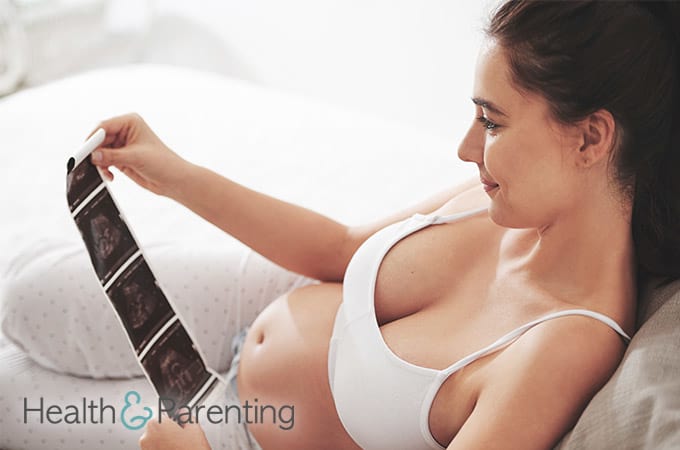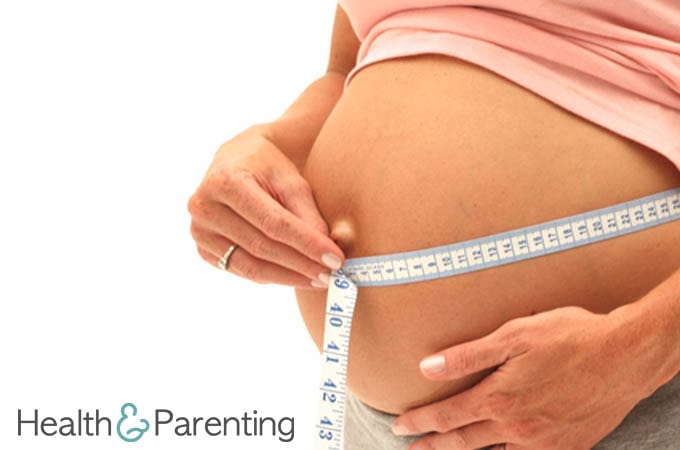Taking regular exercise can help to reduce many of the aches and pains associated with pregnancy. Exercise can also help you to maintain a healthy weight gain, get a good night’s sleep, and reduce stress. Think of labour as a marathon – staying active by exercising regularly during pregnancy will help you to stay fit in preparation for the marathon.
Here are five pregnancy workouts that will help you stay fit during pregnancy:
1. Walking – half an hour of walking a day can raise your heartbeat, reduce stress and improve fitness. Try walking home from work or taking a brisk stroll during your lunch break. Try to include this exercise as part of your daily routine.
2. Swimming – this is a great full-body workout, and doesn’t put too much strain on your aching joints. The water helps to support your weight, allowing you to move easily through the water. Try to go swimming a couple of times a week, set yourself a goal of how many laps you want to swim, and see if you can increase this as the weeks go by.
3. Ball exercises – birthing balls aren’t just useful during labour, you can use them during pregnancy workouts, too. Get yourself seated safely on the ball, and then try rocking from side to side. Gently rotate your hips to open up your pelvis, and then try slowly making a figure of eight motion with your hips. You can also bounce gently on the ball. An easy way to add ball exercises into your daily routine is to do them whilst watching your favourite TV show. As the opening credits appear, position yourself on your ball, and gently rotate, sway and bounce your way through the programme. Or while you’re reading pregnancy information on the Internet …
4. Prenatal yoga – search online for a prenatal yoga class in your local area. The yoga instructor will teach poses that are beneficial during pregnancy, and may be able to advise on poses to reduce particular aches and pains. If there are no prenatal yoga classes in your neighbourhood, you could buy a prenatal yoga DVD to try at home.
5. Prenatal pilates – pilates encourages strength and flexibility, and is a great exercise to try during pregnancy. Your pilates instructor will teach poses and movements to strengthen your core, tone your muscles and improve your fitness level. Pilates is a great way to exercise your pelvic floor muscles, which is especially important during pregnancy. Look for a prenatal pilates class in your local area, or find a pregnancy pilates DVD to use at home.
What’s your ‘go-to’ pregnancy workout?
Written by Fiona, proud owner of a toddler, @fiona_peacock
This information is not intended to replace the advice of a trained medical doctor. Health & Parenting Ltd disclaims any liability for the decisions you make based on this information, which is provided to you on a general information basis only and not as a substitute for personalized medical advice. All contents copyright © Health & Parenting Ltd 2018. All rights reserved.

















